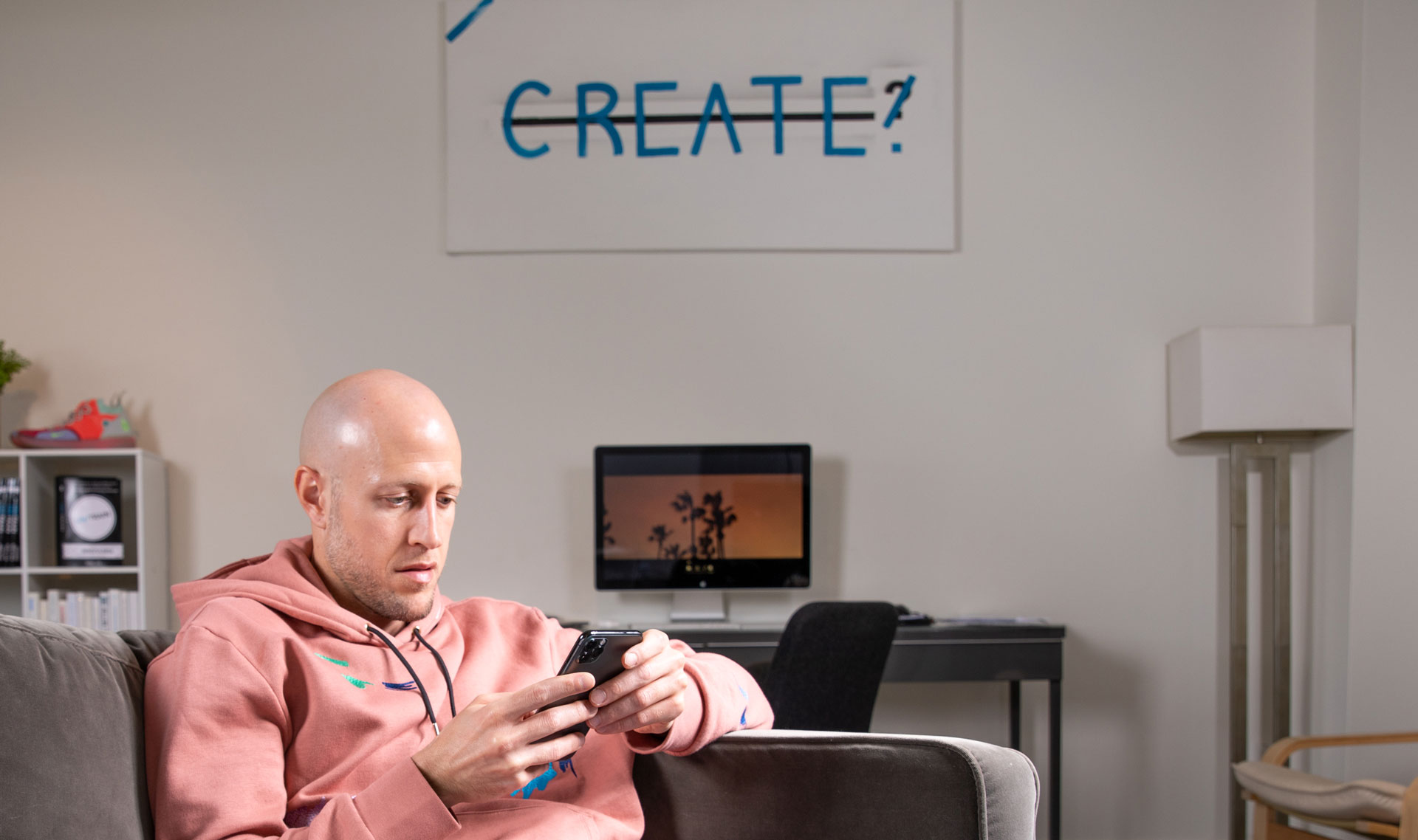After beating the horrific withdrawal symptoms of an anti-depressant medication, while simultaneously leading a business, here are eleven things I’ve learned over the past 8 years on my journey to wholeness.
Mental health and high-performance leadership go hand in hand
You can’t talk about peak performance without talking about mental health. It’s impossible to be in a state of flow while at the same time dealing with depression or anxiety. They can’t co-exist. If you want to optimize your ability to influence, inspire and perform you have to be vulnerable enough to ask for help. By alchemizing your pain you can turn it into knowledge, power, and freedom.
It’s not your fault
Many times the beginning of a mental health issue can be traced back to something in childhood that you had no control over. A situation where you were completely helpless that created a limiting belief or halted normal brain development. It’s not your fault, but it is in your power to take responsibility.
It didn’t start with you
Research shows that trauma can be passed down through generations. You could be carrying around the trauma from an ancestor who went through WWII, the Great Depression, or was chronically stressed as a child. Understanding this can help alleviate some of the shame. You might be carrying on the generational trauma, but you don’t have to carry the shame.
Identify the root cause
Anxiety and depression are symptoms, not the cause. You have to get to the root belief and rip it out so it can die or heal the disrupted brain functioning. Neuroscience has shown that due to neuroplasticity we all have this potential to heal the root cause.
CEOs experience depression at a higher rate
The standards, grit, and drive that can get you to the top can also be what causes you to fall off the mountain. There is a ton of research that suggests that the rate of depression amongst CEOs is double that of the average population. So learning self-awareness, self-forgiveness, and self-compassion is crucial for this demographic to sustain leadership responsibilities and drive growth.
Beyond pharmaceuticals
I learned the hard way — a very hard way — that pharmaceutical medications (and the myriad of side effects) are not the only option when it comes to treating mental health. In fact, new research shows that low serotonin levels, which is the theory that was used to create anti-depressants, are not actually the cause of depression. Neurofeedback, nutraceuticals and EMDR are all great places to start.
Community, connection and belonging are crucial
In the words of trauma expert Dr. Bruce Perry, “Positive relationships and connectedness have the power to counterbalance adversity.” I think for many of us this was front and center during lockdowns. The isolation, for me, was by far the hardest part of the pandemic because we are hardwired to belong. If you’re looking to find community and build connections start with doing an activity you love and you’ll find your people.
Gratitude is helpful, but not a panacea
While I think gratitude and perspective can be incredibly powerful, it’s not a cure-all. In fact, there’s is nothing worse in this realm of work when you do a gratitude journal every single morning and night for a month straight and you can’t feel an ounce of gratitude. Because then comes the shame. The shame that you can’t even feel grateful for all the things in your life that you are actually grateful for at a cognitive level. If this is you, you’re not alone. And, you’re most likely experiencing some deep-rooted trauma keeping you numb because it’s not safe for you to feel. This needs to be processed and released.
It’s not all in your head
Trauma lives in your body and brain and manifests as anxiety and depression. This is why we can experience a visceral sensation of anxiety, but not necessarily have a classic cause like racing thoughts. For this reason, it’s important to incorporate practices that have the potential to physically change areas of the brain like the amygdala that contribute to a healthy stress response.
You can heal
I remember at 19 years old going on an anti-depressant medication and was told by the doctor “You are going to have to be on this for the rest of your life.” I learned this is not even close to being the truth. While I still have my challenges, I’ve been off of it for 8 years and feel better than ever.
Mindfulness can be a game-changer
A Forbes article shows that we’re only present about 50% of the day. We spend time in the past stuck in guilt, anger, or regret. Or we’re in the future in anxiety, hopelessness, or worry. But the best thing you can do for your future self, the future of your organization, and the future of the people you lead is to be fully in the present moment. Mindfulness helps us access the present moment which is where we experience connection, flow state, and happiness.
I hope these eleven things help you feel like you are not alone, give you hope for the future, and maybe encourage you to share your story. Because your story might be the key to unlocking someone else’s prison.
*The content of this article is not a substitute for professional mental health care or medical care and are not intended to diagnose, treat or cure any mental health or medical conditions.
Share the gift of mindfulness
Since most of Mike’s talks include a component of mindfulness for Mental Health Awareness Month we’re offering $2,500 off a keynote for companies looking to invest in their people’s mental health. Talks must be booked by May 30th and events can be held through the end of 2023. Drop an email to nathalie@mindshiftlabs.com to start the conversation.




